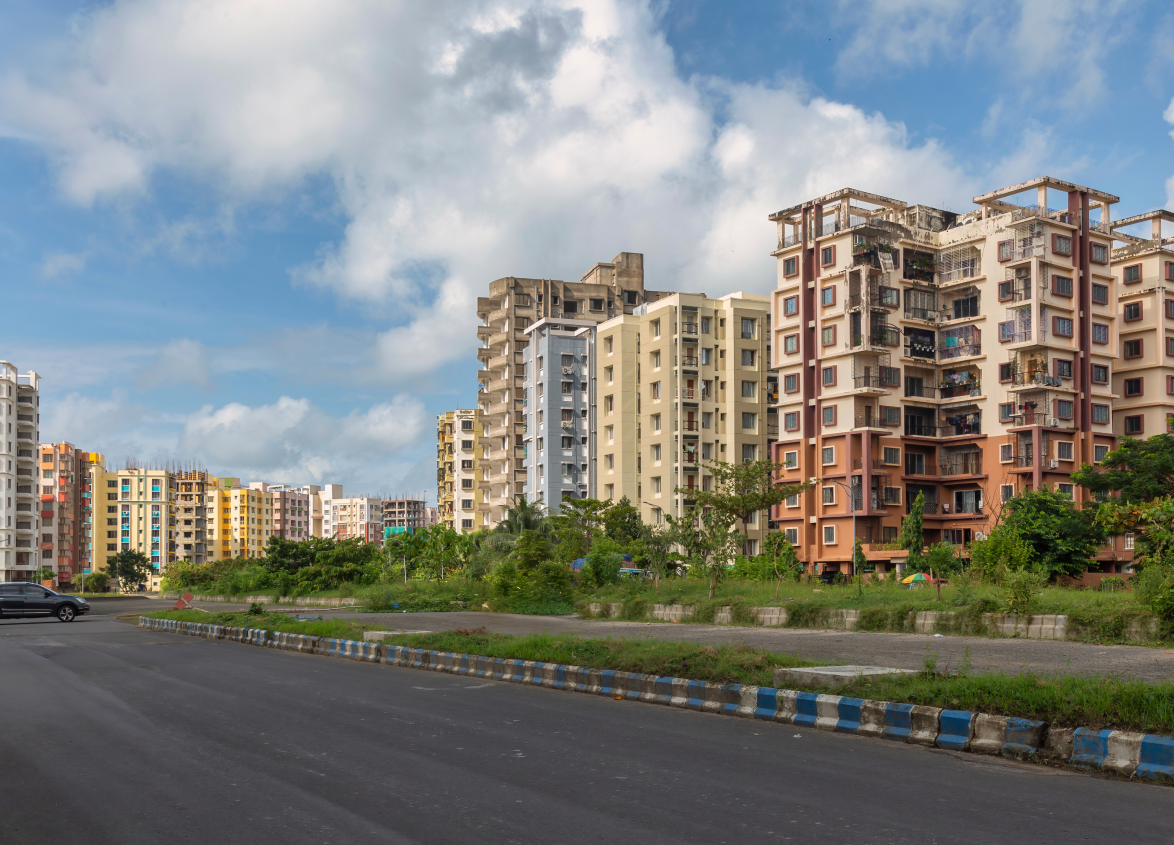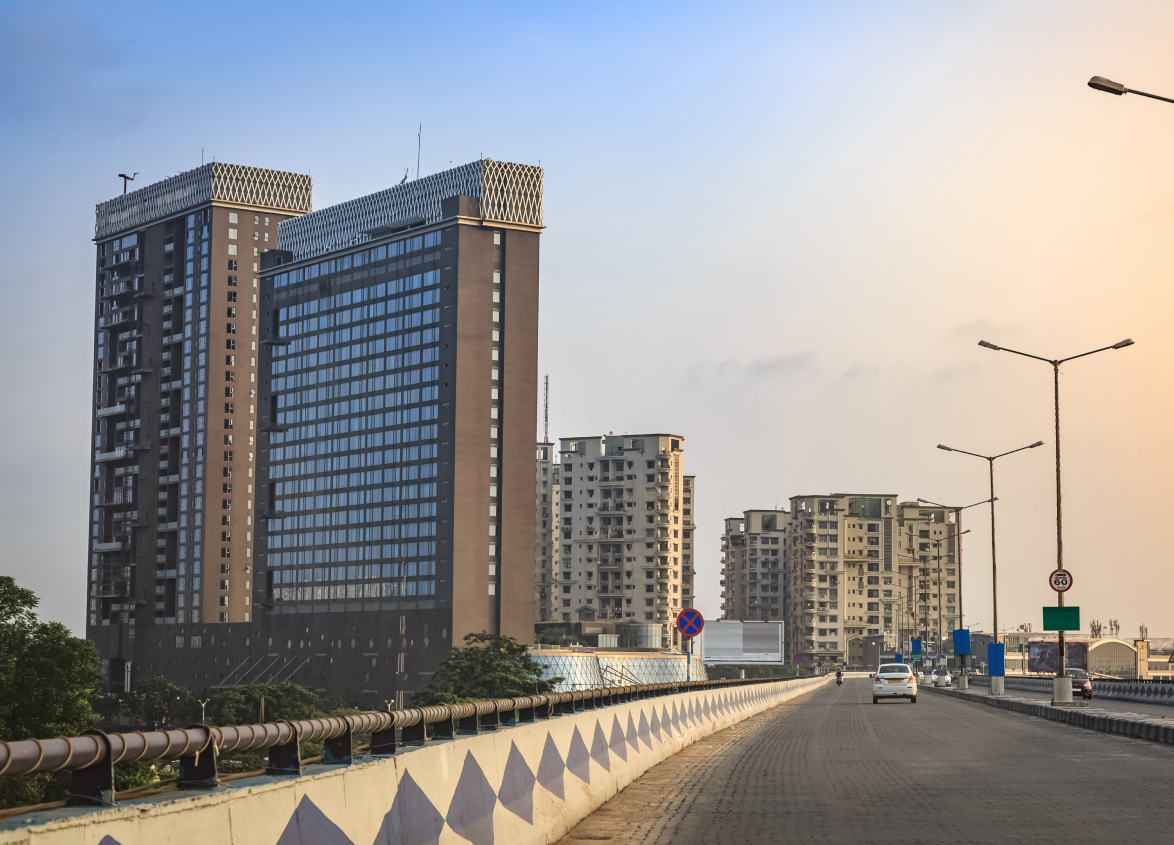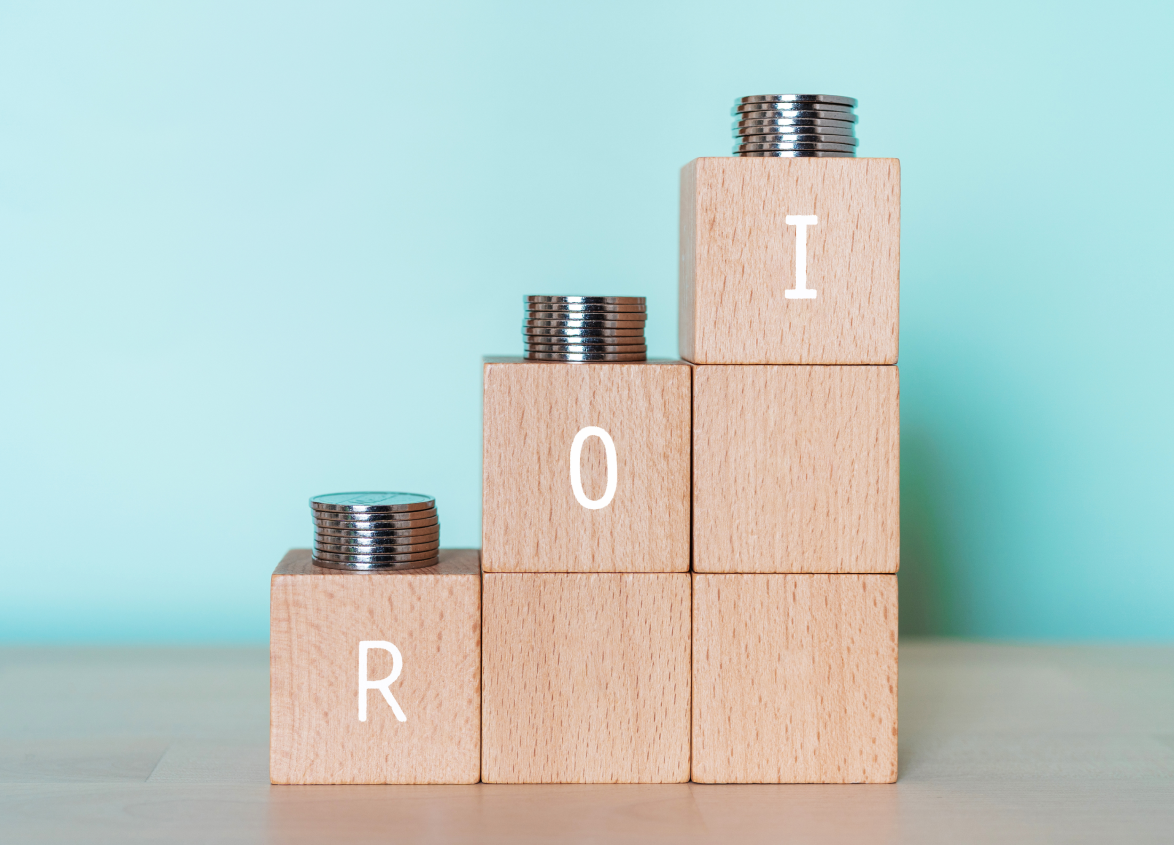
Residential
The right time to invest in your home is now
January 08, 2021
In India, property ownership holds significant weight, representing a long-term aspiration for many. It signifies not only security and stability but also serves as a foundational element for building a life. To gain this sense of accomplishment, have you, too, wondered what the right moment is to invest in real estate? Well, now is the right opportunity!
Real estate is indeed an attractive investment option. This article will highlight why now is the right time to buy a house. We will look at several factors supporting this assertion to assist you in making this choice. Now, let’s get started!
Understanding Real Estate Market
India has a dynamic real estate market. It covers investments in real estate for residential, commercial, and industrial use. Every category has its own operations and market trends.
India's real estate industry has expanded because of increased urbanization, rising disposable incomes, and supportive government policies. A JLL analysis claims that 2023 was a record-breaking year for the Indian housing industry, with flat sales exceeding all prior years. About 272,000 flats were sold in each of the top seven cities, which include Bengaluru, Mumbai, and Pune, making these three the busiest marketplaces. The leasing activity in the office sector reached an astounding 63 million square feet, indicating its flourishing state. The sector's stability and potential are highlighted by this expansion, which makes this a favorable moment to invest in real estate.
Market Cycles and Economic Conditions
Economic cycles influence real estate markets, which impact your investment decisions.
During periods of economic boom, GDP growth, low unemployment rates, and high consumer confidence levels lead the real estate market to blossom. Increased demand for real estate drives up housing prices, which is fueled by rising salaries and advantageous credit terms. Property values rise as a result of the fierce competition faced by purchasers, especially in coveted locations. Amidst economic booms, investors leverage this momentum to optimize their earnings. To satisfy the rising demand, developers start building projects that boost the economy and create jobs.
Conversely, economic downturns offer special chances in the real estate sector. Property prices fall as demand wanes during recessions or slow economic growth times. For instance, distressed properties—foreclosures or short sales—go up for sale at prices below market value. It becomes a smart investment opportunity for savvy investors.
The recent post-pandemic economic rebound, as evidenced by rising job rates and consumer confidence, suggests a good time for real estate investment in 2024.
Policies and Reforms
Government regulations impact the housing market. You should be aware of legislative changes to take advantage of opportunities and choose the right time to engage in real estate.
There has been many reforms to support the development of the real estate industry in India. The Real Estate (Regulation and Development) Act, 2016 (RERA) is one such initiative. It aims to improve accountability and transparency. Developers are required by RERA to register their projects and follow stringent regulations. It gives purchasers strength and motivates them to look fearlessly into real estate options.
Buyers and sellers now find the process of real estate transactions easier because of the simplified tax structure created by the Goods and Services Tax (GST). Another big change to meet the housing requirements of all societal sectors is the implementation of the Pradhan Mantri Awas Yojana (PMAY). By providing financial aid and subsidies to qualified people and families, PMAY increases the accessibility and affordability of homeownership.
These developments make this a great time to invest in real estate.
Interest Rates and Inflation
Both real estate investors and purchasers must take interest rates into account since they have a direct impact on borrowing costs. Debt service (second to your credit score) becomes more affordable due to lower interest rates, which increases demand for property purchases and real estate investment. Historically low mortgage rates, less than 8%, describe the contemporary Indian landscape. This makes now a great time to invest in your home and take advantage of this favorable financing.
Here’s how it works. Lower rates can lead to the negotiation of favorable terms, lower finance costs, and increased affordability. It also means fewer homes and fewer buyers. Financing the purchase of real estate at a cheaper price of borrowing increases their returns on investment. On the other hand, rising interest rates can reduce demand for real estate by driving up the cost of borrowing. This leads to slowing the sale of real estate and exerting downward pressure on prices.
Real estate is affected by inflation as well. Given that real estate values rise, this investment is a good hedge against rising inflation to protect investors’ purchasing power. So, look out for the Reserve Bank of India's (RBI) monetary policy. This will help you with solutions for when to invest in the real estate market.
Micro and Macro Location Analysis
One important factor influencing real estate investing is location. By assessing micro and macro variables, investors and home buyers can recognize favorable possibilities and reduce any hazards related to their investments.
Micro Location Analysis:
- Proximity to Amenities: Rental prices and demand are greater for properties close to grocery stores, schools, and medical services.
- School District Quality: Properties in highly-rated school districts experience strong demand and price appreciation due to the priority families place on education.
- Healthcare Facilities: Access to quality healthcare services enhances property desirability and increases demand.
- Transportation Hubs: Properties near transportation hubs enjoy increased demand and rental potential due to enhanced accessibility.
Macro Location Analysis:
- Cities with strong economic growth and industries are excellent real estate investment prospects.
- Big Infrastructure initiatives improve connectivity and encourage real estate growth.
- Places with facilitative legislative frameworks and suitable investment circumstances draw capital inflows, which boosts real estate activity.
- Cities like Hyderabad, Bengaluru, Mumbai, Delhi, and others have experienced significant increases in real estate because of their developments in infrastructure and economic importance.
Investment Perspective
When deciding when to invest in real estate, it matters to have a long-term outlook for the following reasons:
- Adaptability In Times Of Economic Recession: The best part of real estate? It has shown to be strong even in times of economic recession, as demonstrated by the COVID-19 epidemic. The industry has shown flexibility in the face of difficulties; demand for residential real estate has surged as more people look for safe places to live.
- Appreciation Over Time: Historical data in India's major metropolitan cities indicates significant appreciation in property values over time. Factors like population growth, urbanization, and infrastructure development contribute to rising property prices, offering investors substantial investment returns.
- Wealth Accumulation: Purchasing real estate offers the chance to gradually build wealth. Investors win from a steady stream of passive income and possible capital gains as property values rise and rental revenue builds up. Real estate also safeguards against inflation, preserving asset value and purchasing power.
- Risk Mitigation: Although investing in real estate entails risk, it may be lessened by taking a long-term view. Investors may position their assets for long-term success and make well-informed judgements that survive short-term changes by concentrating on basic aspects such as location, market demand, and economic trends.
Platforms that allow investors to invest in real estate online have gained popularity. These platforms offer convenience, transparency, and access to more properties.
Affordability Factor
One further important consideration when investing in real estate is affordability. It shows interest rates, income distributions, and property values. Assessing affordability will help first-time buyers avoid straining their budgets when buying residences.
The National Housing Bank tracks affordability trends using the Housing Price Index, which is based on changes in home prices concerning interest rates and income levels. It suggests that there have been swings in affordability due to rising home prices and interest rates. Government programs like the Credit Linked Subsidy Scheme (CLSS) under the Pradhan Mantri Awas Yojana (PMAY) lessen the financial strain of home buying by offering qualified purchasers financial aid and subsidies.
Potential buyers should consider their income stability, existing debts, and future financial commitments when assessing affordability. Analyzing monthly payments, down payment needs, and continuing maintenance expenses are all part of deciding affordability.
Conclusion
With rising levels of urbanization and disposable incomes fueling demand, the real estate industry in India is growing. Thus, now is a great time to invest in your house. What makes real estate a wise long-term investment is its stability and opportunity for growth.
So, take advantage of this opportunity to fulfill your dream of being a property owner with Brigade Group. With a portfolio of residential buildings spread throughout Bangalore and Chennai, they are one of India’s top real estate developers. The Brigade Group offers consumers remarkable chances to invest in their ideal housing inventory by emphasizing high-quality construction, creative design, and environmentally friendly methods.
MUST READ
Looking for something specific?
We'd be delighted to help you.

























































































































































































































































































































































































































































